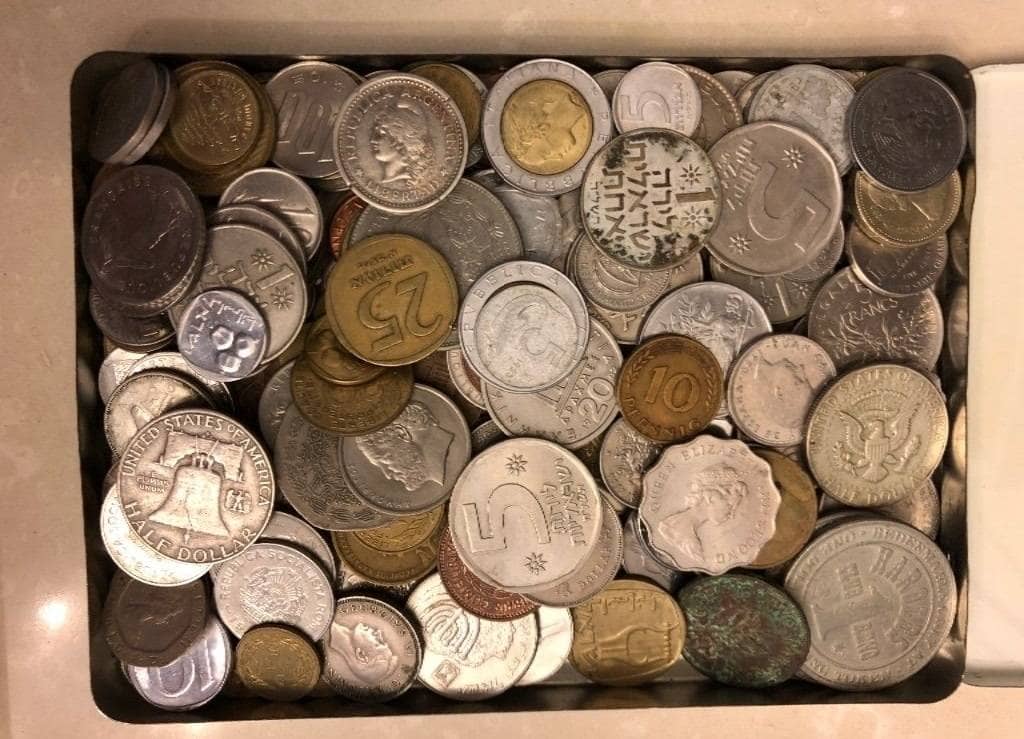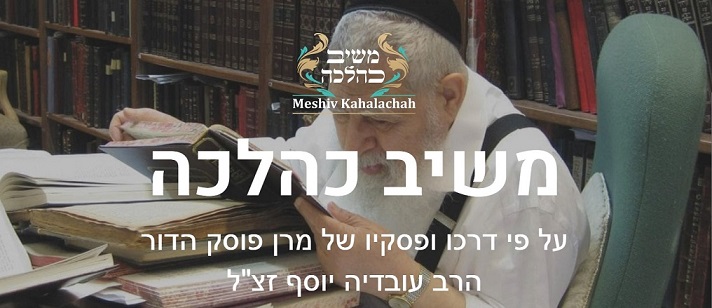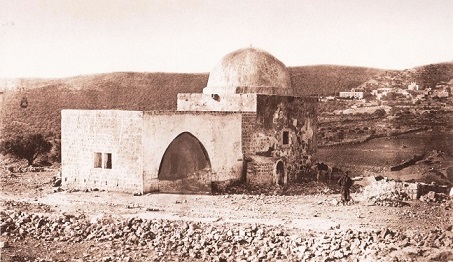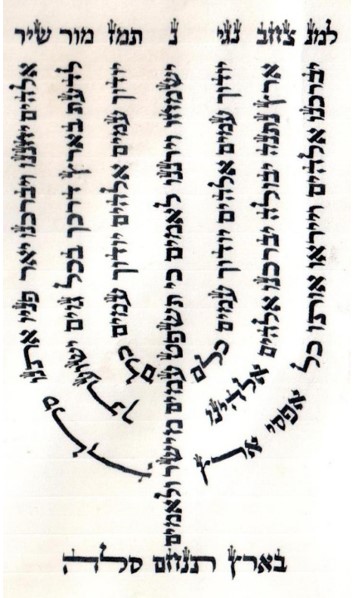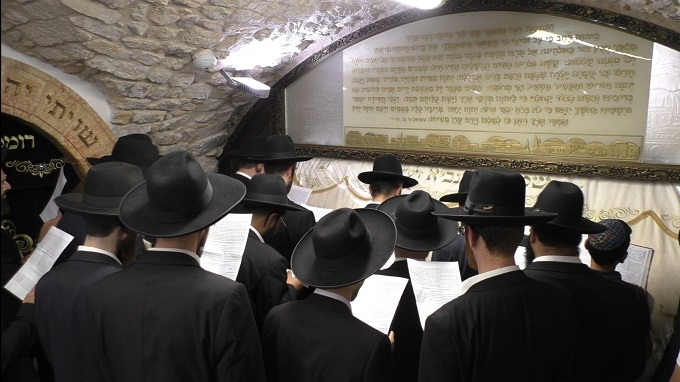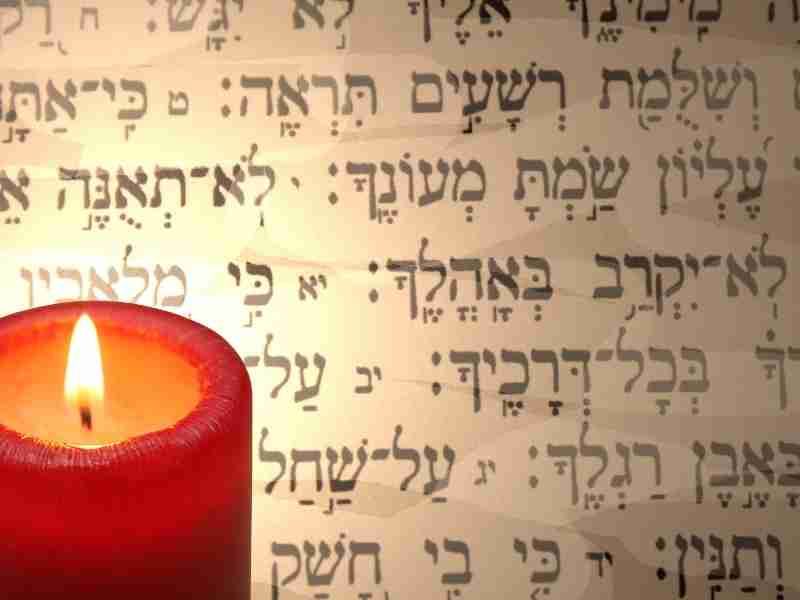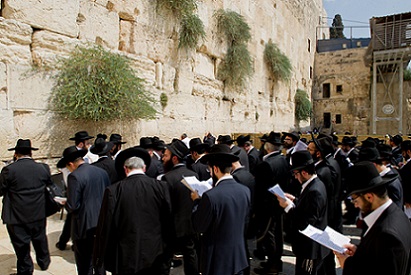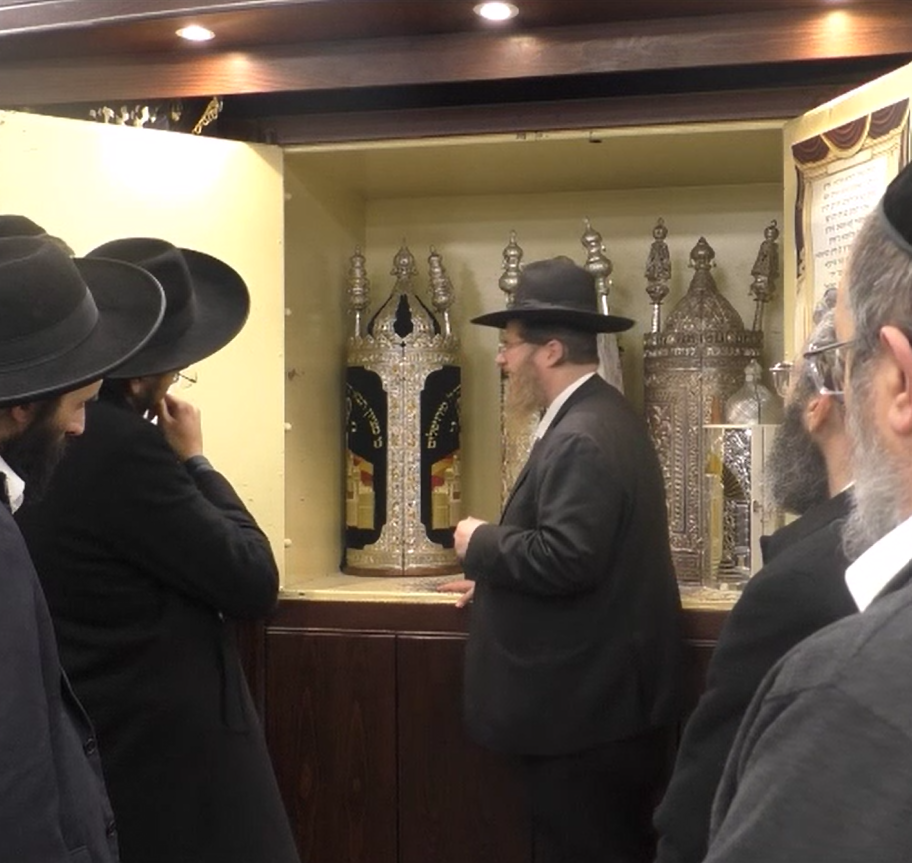Question
How much of my income, I’m supposed to donate to the synagogue, and how much to the poor, and all the other targets?
Answer
Answer combined with sources:
The answer to this important question consists of several details, with the help of Hashem we will now detail the main points of the issues, and after will write a summary:
The total amount you’re supposed to give to charity
In general, the percentages that are supposed to be donated to charity (and within that all the goals are divided), are at least ten percent of the income. And it’s called “maser money.” [1]. And a greater mitzvah is, to contribute twenty percent of the income [2],which is, called “chomesh“.
[And in the opinion of Rabbi Ovadia Yosef, that what is written in the talmud [3] that one that gives ‘maser’ from fruits is a virtue for wealth, and it is even permissible to “try” the Creator in this, all of this is true both in the matter of ‘maser money’ in these days [4]].
And do not contribute more than twenty percent [5]. Unless, a rich man, who is then allowed to contribute more than a ‘chomesh’, as much as he could. But for “holding the Torah” (i.e., to support those who study’s Torah all day and consequently they cannot make a living alone) even a person who is not wealthy, is always allowed to contribute more than twenty percent [7] , and the reason is, because it is guaranteed to those who support the people that learn Torah, will have a blessing in his businesses [8], and read this comment[9] .
Order of progress in donations
There are priorities for charities, that is, who is better to donate to, and who has second and third priorities and so on. The following are the priorities according to Halacha:
- The head of the priority scale is supporting talmidai chachamim (“holding the Torah scholars”) precedes all other justifications. Because they are the most important poor people, and you have no greater charity than that 11. In particular, in the matter of the sum of “maser money”, the main charge is to hold Torah scholars [12].
And within this definition: holding Torah scholars in the Land of Israel precedes the possession of Torah scholars in one’s place of residence (as we extended elsewhere)[13]. (And holding Torah scholars in your place of residence precedes holding Torah scholars elsewhere) [14].
And holding a great Torah scholar, who is a great wise rabbi, precedes the possession of a regular Torah scholars that is less wise [15]. (And for this reason, according to most, the support of Kollel Bircat Avraham , preceding the possession of other. [16]).
And holding Torah scholars (smart students who are already married) is greater than holding yeshiva bachurim, and holding yeshiva bachurim is greater than holding children’s education [17].
And it is permissible to make an agreement “Issachar and Zevulun” from maser money [18].
- The second priority is giving charity to the poor (who are not Torah scholars). And within this definition: a poor person who needs food, precedes the poor who need [19]. And a poor woman, preceded by a poor man [20]. And a poor Cohen preceded a poor Levy, and a poor Levy preceded a poor Yisrael [21]. Poor people from his family precede other poor people, and the poor of his hometown precede other poor [22]. [Some say that donating to the building of the synagogue is preferable to the livelihood of poor people who are not Torah scholars and are not sick [23] ].
- The third priority is to give charity for various, mitzvot purposes[24],including the maintenance of the synagogue, kiruv, the construction of mikvahs, printing Torah books, donating Torah books to places they will study, and so on.
And donating to a poor bride, although this is as “mitzvah needs”, however it is considered a very large charity[25], especially if the bride is an orphan[26] .
Distribution of money for several purposes
Despite the preceding order established by Chazal, the poskim have said that it is permitted to give some of the enrichment funds to other charitable causes as well (such as those mentioned above in Priority 2 and 3), and there is also some consequential that in doing so remembers various rights[27],, but that according to most of the sum (or at least half) should be given to the holding of torah students[28] .
And from the law of “gratitude” it is very true that some of the charitable funds one gives, will give to the synagogue he prays in[29],, such as for electricity and water payments and maintenance, etc..
It is also very true to give some of his contributions to “kiruv” (for those who cannot do the ‘kiruv’ by them self), since according to our holy torah every Jew has a personal responsibility to take care and endeavor for the spiritual situation of all the Jewish people in the world [30], and if one cannot endeavor in his body at least one can endeavor by his money [31] (although there is no “charge” to spend money on it>[32]), by helping other Jews bring the light of Judaism to those who did not get to know it properly. [It should be noted, that even supporting ‘talmidai hachamim’, it considered ‘kiruv’, because the activity of kiruv organizations is the “endeavor” in the practical layer, but in the spiritual layer which brings the spirit of purity into the hearts of the distant Jews so that they will awaken to repent when exposed to the material of the organizations mentioned, that is by the study of the Torah of the yeshiva boys and the ‘avrahim’ [33]. But it is right also to be a partner in the “endeavor” part of the activity as well].
And also, a person at least once in his life to should donate a sum of money to a “mitzvah that is for generations”[34](i.e., a mitzvah that will always remain), which is the construction of shuls and seminaries [35],, or publishing books [36].
In summary:
At least ten percent of the income should be given to charitable causes (and it is highly commanded to give twenty percent). And out of this amount, he will give at least fifty-one percent (of those ten/twenty percent) to hold the Torah (and especially to torah sages in The Land of Israel), and then out of the remaining amount, he will distribute at will to the various charitable causes (such as those mentioned above), and certain percentages it is worth making sure to give the synagogue that prays in it (but there is no need to have a large sum), and a certain percentage one will give to ‘kiruv’ (it is appropriate to have a respectable amount). And at least once in his life he will give a considerable sum to build a synagogue or a beit midrash, or to print Torah books.
